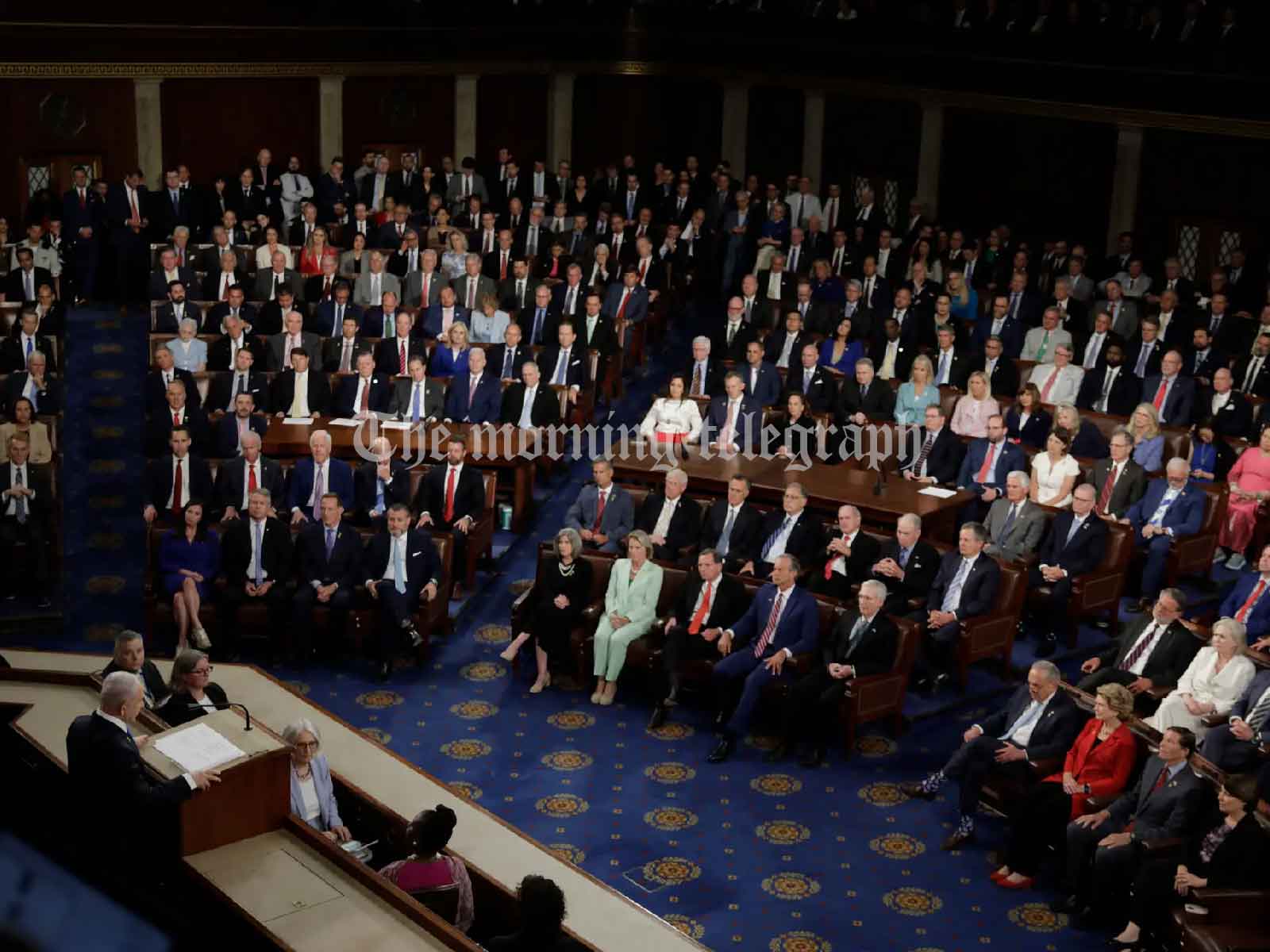
Israel’s Prime Minister Addresses U.S. Lawmakers
Prime Minister Benjamin Netanyahu of Israel delivered a powerful address to a joint meeting of Congress on Wednesday, asserting Israel’s stance amid the ongoing conflict in Gaza. Here are six key takeaways from his speech:
1. Bipartisan Praise and Acknowledgment
Netanyahu navigated the political landscape by acknowledging support from both President Biden and former President Trump. He emphasized the longstanding U.S.-Israel alliance, saying, “I know that America has our back. And I thank you for it. All sides of the aisle. Thank you, my friends.” His remarks highlighted a balanced recognition of bipartisan support crucial for Israel.
2. Denial of Starvation Allegations
Responding to accusations from the International Criminal Court prosecutor about starving Gazans, Netanyahu dismissed these claims as “utter, complete nonsense, a complete fabrication.” He asserted that Israel had facilitated over 40,000 aid trucks into Gaza, ensuring substantial food supplies. However, he blamed Hamas for any food shortages, accusing them of depriving their own people.
3. Rejection of Blame for Civilian Casualties
With over 39,000 reported deaths in Gaza, Netanyahu forcefully rejected allegations that Israel deliberately targets civilians. He described the efforts by the Israel Defense Forces (IDF) to minimize civilian harm through various warnings and accused Hamas of using civilians as human shields. Despite these claims, the high civilian toll continues to raise international concerns.
4. Highlighting Diversity within Israeli Society
In a bid to portray Israel’s inclusive society, Netanyahu spotlighted the diverse backgrounds of Israeli soldiers, including those of Ethiopian and Bedouin descent. He noted the bravery and significant roles played by Muslim, Christian, and other minority soldiers in the IDF, aiming to showcase Israel’s multicultural military fabric.
5. Vision for Gaza and Peace
Netanyahu outlined a conditional vision for Gaza’s future, dependent on the defeat and demilitarization of Hamas. Drawing parallels with post-World War II Germany and Japan, he suggested that similar approaches could lead to peace and prosperity in Gaza. However, this perspective faces skepticism regarding its feasibility and potential for increased radicalization.
6. Emphasis on Iran as the Primary Threat
Netanyahu positioned Iran as the overarching threat to both Israel and the United States, arguing that Iran’s objective is to impose “radical Islam” globally. He underscored that groups like Hamas and Hezbollah, backed by Iran, see the U.S. as their ultimate adversary. “Our enemies are your enemies. Our fight is your fight. And our victory will be your victory,” he declared, urging a united front against Iran.
Prime Minister Netanyahu’s speech to Congress was a strategic effort to solidify support for Israel amid the Gaza conflict, emphasizing shared values and mutual threats between Israel and the U.S. His strong rhetoric and refusal to concede on key issues reflect his commitment to maintaining a hardline stance while seeking continued American backing.
Source:Netanyahu’s Speech to Congress: Key Takeaways – The New York Times (nytimes.com)





